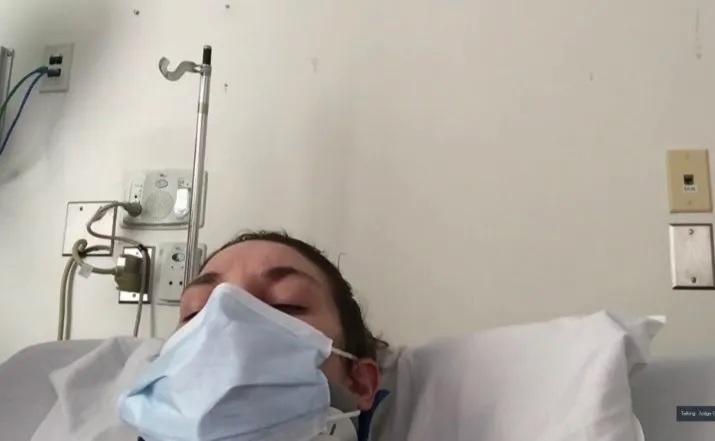Prosecutors say that Lindsay Clancy never mentioned ever hearing voices, until just days ago when she called her husband from her hospital room.
"She killed the kids because she heard a voice and had, quote, 'a moment of psychosis,'" Assistant District Attorney Jennifer Sprague of Plymouth County said of the phone call at Clancy's arraignment.
WATCH ANYTIME FOR FREE
Stream NBC10 Boston news for free, 24/7, wherever you are. |
Prosecutors also say Clancy had never mentioned the word "psychosis" until she met with a forensic psychologist hired by her defense team.
Get updates on what's happening in Boston to your inbox. Sign up for our News Headlines newsletter.
On the phone, her husband asked her what voices she heard, prosecutors said.
"She said she heard a man's voice telling her to kill the kids and kill herself because it was her last chance," said Sprague.
Dr. Paul Zeizel, the forensic psychologist evaluating Clancy, says she may have never told anyone she'd heard voices in the past.
"Telling you to do things that are malevolent and you believe those voices telling you that you need to follow what they say," said Zeizel. "That's when things go downhill."
It's unknown if Clancy had heard voices previously.
"It's a very common psychotic symptom," said Dr. Kellie Wallace. "Auditory hallucinations are one of the more frequent ones we see."
Wallace teaches criminal justice at Lasell University and is a trained mental health therapist.
"They are not nice voices," said Wallace. "They are not telling you that you're a good person."
Wallace says the voices someone can hear can be terrifying, and reinforce negative thoughts.
"If she's hearing these commanding voices and they're telling her that she kill herself and her children in order to save them," said Wallace, "she may very well have succumbed in that moment."
Prosecutors say Clancy appeared to interact normally in the days and hours leading up to the crime. Wallace says it's possible someone can communicate and behave appropriately without letting on they may be suffering with voices in their head.
"And when those voices are commanding you to do things, it's incredibly frightening, and the only thing to get them to stop is to do the thing," said Wallace.
Zeizel says he's still evaluating Clancy and assessing her mental health, and it's too early to come up with an exact diagnosis.



